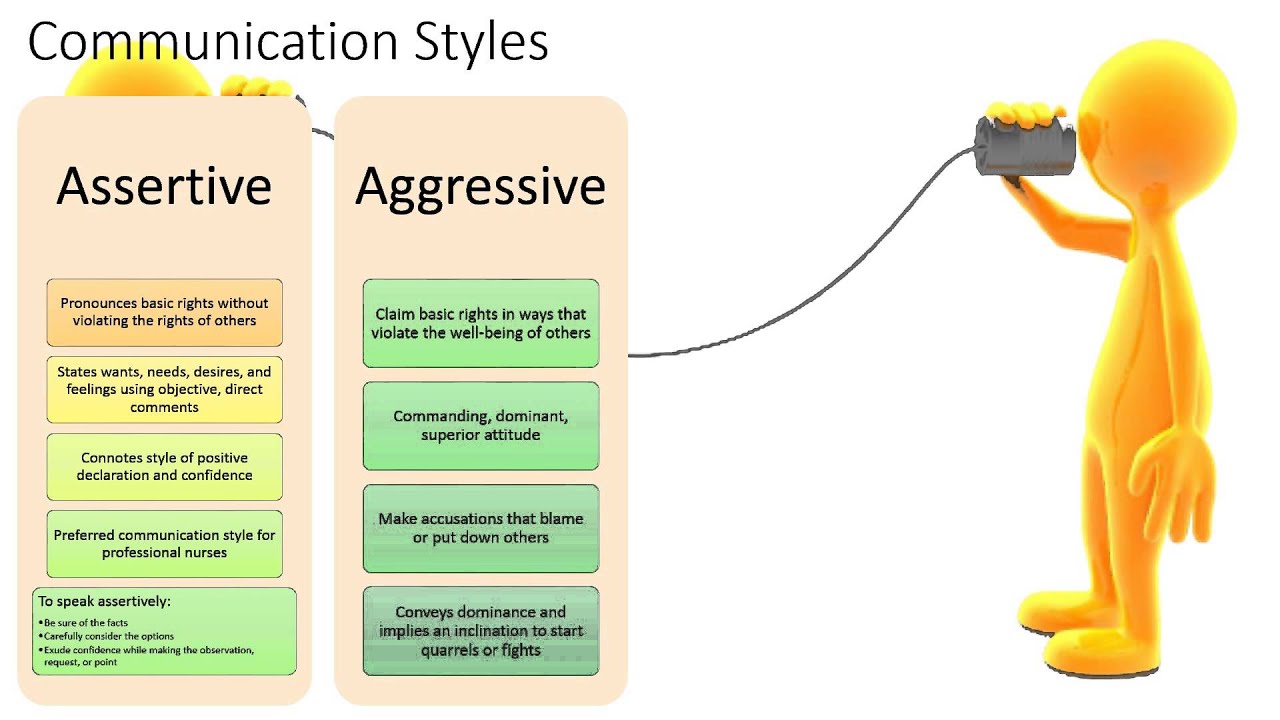
Coaching track and field involves focusing on specific activities. Coaching students in slow motion can help them see where they're going wrong and fix it. Students often visit their coaches to continue coaching. Some students even use their coaches as mechanics. There are many ways to get involved in coaching track andfield.
Job description
Coaching track and field requires experience, knowledge, and training. A strong understanding of NCAA regulations and communication skills are essential. Coaching track and field involves working with various people in a variety of environments. Working with athletes and coaches of all backgrounds is possible. It is important to be able build good working relationships and trust with school administrators. You may also be responsible for managing the day-today operations of a sports team.
A coach may work at a high school, college, or both. In both roles, you'll recruit and mentor student athletes to improve their performance and compete in track meets. This job involves traveling to meet and other off-campus events. The work is highly physical, and you must have good body structure to keep up with the athletes.

Qualifications
Common qualifications for coaching track or field jobs include a bachelor’s degree and experience in that field. While it is not essential to have a sports degree, it is highly beneficial. It is helpful to have experience in the field, since most jobs require CPR and first-aid certifications, coaching certifications, and CPR certifications. Experience coaching athletes in different events can be very helpful as it will give you insight into how to teach proper form and train them.
As an assistant coach you will work closely with the head coach to coordinate and supervise the competition and training for individual and team events. In order to make the athletic department run smoothly, you'll communicate with students as well as the Office of Admission. Your responsibilities include conducting in-season and pre-meet practice sessions, as well as working with the timing agency. You will also be responsible to ensure a positive environment within the athletic department. This includes helping athletes stay fit and healthy.
Duties
Duties of coaching track and field jobs include recruiting student athletes, planning and implementing training plans, overseeing track meets, and assisting the head coach. To provide the best instruction, coaches must be fit and knowledgeable in their sport. These positions are responsible for ensuring the safety of student-athletes, as well as demonstrating proper running and jumping techniques.
The coach is responsible for organizing practices and developing strategies. They also have to recruit the best student-athletes. A successful candidate will be enthusiastic, possess strong leadership skills, and have a commitment to athlete development. A successful track and field program will be successful if they are able to communicate well and share important lessons.

All year work
There are many kinds of coaching track-and-field jobs that you can do throughout the season. You can work as a coach for a club, university or high school. You can find many job opportunities both for men and women on numerous websites. The ideal candidate is a leader who can build a track and field program. To apply for one of these positions, you should send a cover letter and resume. Interviews will only be given to qualified candidates.
You should consider being an assistant track and fields coach if you are interested in working for a college. This position is for administrative support, as well as student recruitment. The duties of this position include ensuring that all NCAA rules and regulations are met. Additionally, you will be expected to adhere to the rules and regulations of the University of California-San Diego.
FAQ
What are the responsibilities associated with a life coach
A life coach is someone who helps people reach their personal goals through education about health, nutrition and fitness, work/life balance as well as relationships, career development, and other topics.
A life coach should also help clients develop positive attitudes towards self-improvement and set achievable goals for change.
A coach can offer encouragement and support, which is the most important thing. Although they don't know all the answers, they can help you ask questions and find solutions.
They will help you make the right decisions and move towards your goals.
Who can become a life coach?
Anybody can be a life coach regardless of their age or background.
It doesn't matter if you have any experience in other areas; what matters is your desire and ability to help others.
Life coaches are typically trained at the university and have received postgraduate qualifications. There are also many self taught life coaches.
Are life coaches worthwhile?
The answer is simple. You must look for another way to get around any problem. But if you want to have a long-lasting positive impact on people's lives, then coaching could be for you.
Coaching is about helping others make positive changes. It requires a lot of hard work, but when it pays off, it feels incredible.
Learn how to be a better person and how to help others.
You will feel confident and strong, and the results you achieve will last a lifetime.
These questions will help you decide if life coach is right for your needs.
-
Are I able to know myself enough to make positive changes in my own life?
-
Will I put in the effort to succeed?
-
Do you believe that I can make huge changes in your life. Can I dream big dreams?
-
Do you have the desire for improvement in your life?
-
What time do you have to coach?
-
What kind of support will I need?
-
Are there any hidden costs involved in becoming a client of a life coach?
What can a life coach do to help me lose weight
A coach may not be able help you lose weight. A life coach can offer advice on how to reduce stress levels and build healthier habits.
A life coach can help you make positive life changes such as eating better, exercising more, and reducing alcohol intake.
Statistics
- Life coaches rank in the 95th percentile of careers for satisfaction scores. (careerexplorer.com)
- 80 percent of respondents said self-confidence improved, 73 percent said relationships improved, 72 percent had better communication skills, and 67 percent said they balanced work and life better. (leaders.com)
- According to a study from 2017, one of the main reasons for long-term couples splitting up was that one of the partners was no longer showing enough affection and attention to the other. (medicalnewstoday.com)
- These enhanced coping skills, in turn, predicted increased positive emotions over time (Fredrickson & Joiner 2002). (leaders.com)
- This also doesn't mean that the give-and-take in a relationship is always 100% equal. (verywellmind.com)
External Links
How To
What are the top questions that life coaches ask?
Coaching is a great way for people to improve their lives by helping them develop self-awareness and self-care. It is a great profession for those who wish to make a difference in the lives of others.
Life coaches are trained to listen to clients and understand their problems. They then guide them towards solutions. They can guide you in any area of your life, including finances, personal development, parenting, finances, spirituality, nutrition, and spirituality.
They can assist you in identifying the obstacles that are holding you back.
A life coach could suggest ways to improve diet, exercise habits and social interactions.
A good coach will help you to find your own path and provide guidance on how to get started.
Some of the questions they might pose include:
-
What do you desire from life?
-
How do you feel each morning when you wake up?
-
What would you like to be when you are fifty years old?
-
Who do you admire? Why?
-
What makes your heart happy?
-
What does success look to you?
-
What are your fears about the future?
-
What is your greatest strength?
-
What are some things you need to work on?
-
What is the one thing that you wish you knew before you embarked on your journey?
-
What are your three favorite things?
-
What are your greatest gratitudes?
-
Which values are important to you?
-
What are you most proud of?
-
What are your worst qualities?
-
Are you curious about why you act/feel the way that you do?
-
Are you stuck at times?
-
Have you ever felt depressed?
-
What did you learn from this experience?
-
What do other people think of you?
-
What are your thoughts about yourself?
-
How do other people perceive you?
-
What do your friends and family say about you?
-
What was the most difficult thing for you?
-
What is the best advice you have received?
-
Which was your greatest mistake?
-
What are others expecting from you?